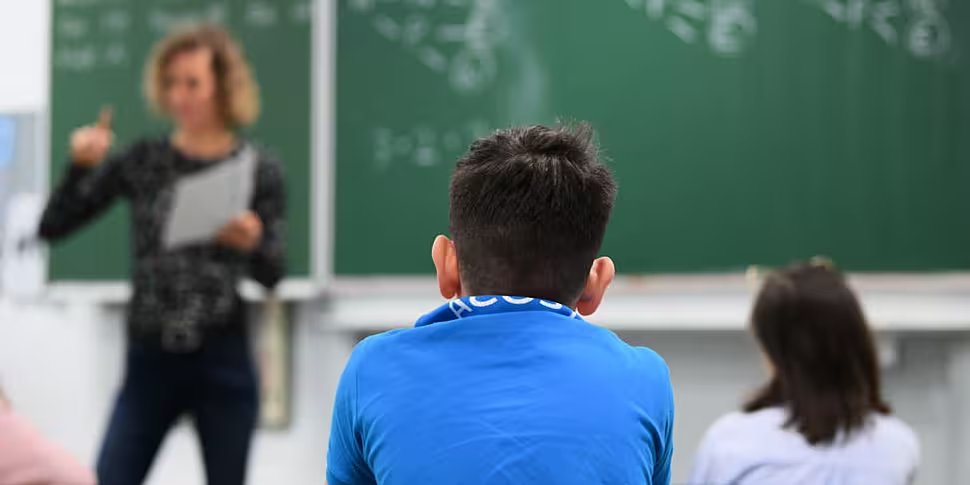New research suggests 13-year-olds are losing confidence in themselves in terms of their education.
The Economic and Social Research Institute (ESRI) has found that they hold lower expectations than their parents about their educational career.
Article author Emer Smyth told Newstalk Breakfast: "We've looked at 13-year-olds and their parents, and the expectations they hold for their educational futures.
"And at 13, we find a really significant mis-match in views: around half of young people expect to go on to higher education.
"But three-quarters of their parents expect them to do so, and that seems to be the results of the transition to second-level education.
"Young people are becoming a bit less confident about themselves as learners over that transition."
"The parent's answers would be closer to the actual pattern of transition to higher education, so it does seem to be that there's a dip in young people's self-confidence over that transition".
"It needs to be addressed for two reasons: first of all, schools matter in this process.
"So it's not all young people are losing self-confidence equally - where they get positive interaction and praise from their teachers, they're more likely to gain self-confidence and have high aspirations.
"Whereas if they get into a negative cycle of being given out to by teachers, they tend to have lower expectations.
"The second reason it's important is often at this stage young people are making choices about their subjects, or even their subject levels, that have consequences for their future.
"So if they're not thinking ahead about going to college, they might be making choices that cut off certain opportunities later on".
The majority of young people make the transition to higher education after leaving school.
But after the transition to second-level education, only half of young people say they expect to go on to higher education.
Parents hold much higher expectations for their daughters than their sons.
Parents who themselves have been to higher education expect the same for their children - with a very large gap in expectations between mothers with a postgraduate degree, and those with Junior Certificate or lower qualification.
Parents of young people with a special education need hold much lower expectations for their children than the 13-year-olds do for themselves.
Young people hold higher expectations if they have mothers with a degree and where they have done well at primary school.
Those with a special educational need have much lower expectations than their peers, even taking account of other factors.
Teenagers hold higher expectations if they settle in well to second-level education and have good relationships with their teachers there.









